The Stalls of Barchester (1971) Online
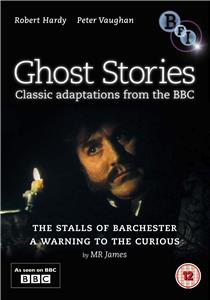
A scholar, Dr Black (Clive Swift), is engaged in cataloging the collection of the library of Barchester Cathedral. He is finding the work heavy going as there is little of any real interest within the collection and the librarian is proving less than helpful. However, the librarian and Dr Black discover a box of documents pertaining to a former Archdeacon of the Cathedral. Black begins reading the diary of Dr Haynes, an ambitious cleric who finds his promotion to the position of Archdeacon blocked by a geriatric incumbent who seems like he will never vacate the position. The impatient Haynes (Robert Hardy) seems to conspire to hasten the Archdeacon's death and is duly appointed Archdeacon. However, his diary reveals that once in post Haynes becomes increasingly disturbed as he is plagued by unnerving events both within the Cathedral and his own home.
| Complete credited cast: | |||
| Robert Hardy | - | Archdeacon Haynes | |
| Clive Swift | - | Dr. Black | |
| Thelma Barlow | - | Letitia Hayes | |
| Will Leighton | - | Librarian | |
| Harold Bennett | - | Archdeacon Pulteney | |
| Penny Service | - | Jane Lee | |
| Martin Hoyle | - | Verger | |
| Erik Chitty | - | Priest | |
| David Pugh | - | John | |
| Ambrose Coghill | - | Museum Curator |
The outside location shots were of Norwich Anglican Cathedral, with particular reference to the cloisters.
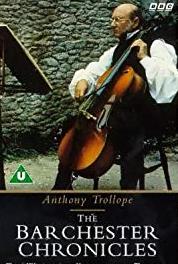
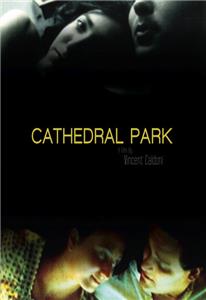
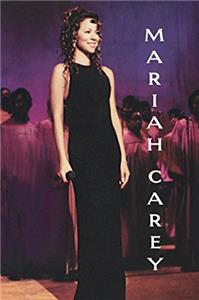
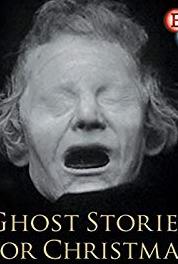




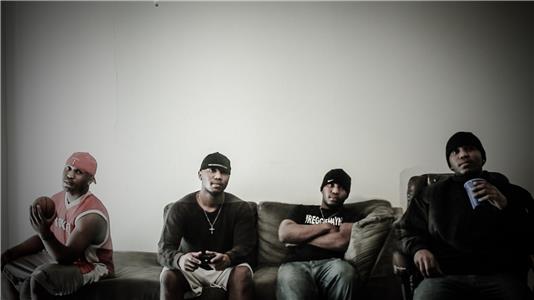
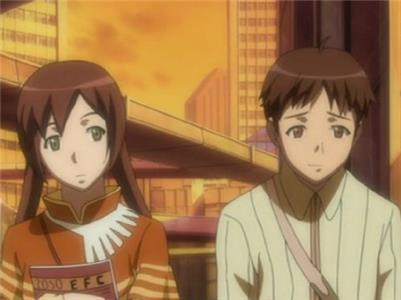
User reviews